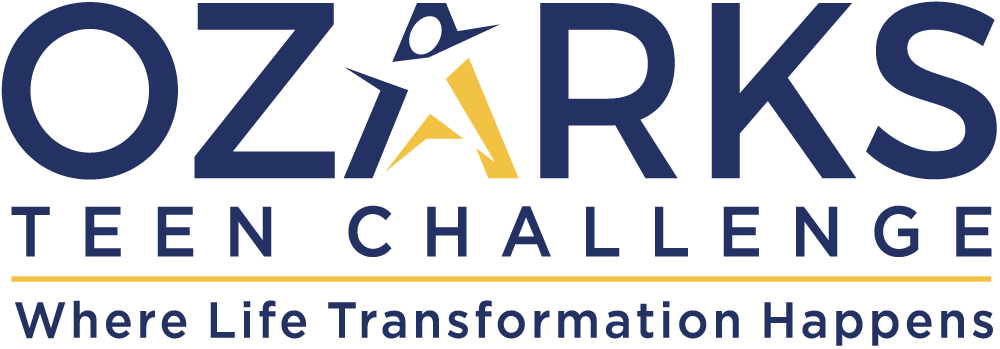What Parents Need to Know About Doom Scrolling and Internet Addiction in Teenage Boys
In today’s digital age, parents are increasingly concerned about the time their teenage boys spend online.
Whether it’s scrolling endlessly through negative news feeds or playing video games for hours on end, these behaviors can quickly spiral into severe issues such as doom scrolling and internet addiction.
Understanding these problems and how to address them is crucial for safeguarding your child’s mental and physical well-being.

Understanding Doom Scrolling and Internet Addiction
What is Doom Scrolling?
Doom scrolling refers to the compulsive, mindless habit of continuously scrolling through and reading negative news on social media or news apps.
This behavior, which has become increasingly common in recent years, especially during global crises, can lead to feelings of anxiety, depression, and helplessness.
For teenage boys, who are already vulnerable to emotional turmoil due to developmental changes, doom scrolling can exacerbate these issues and negatively impact their mental health condition.
Studies have also shown that doom scrolling through pornography or gambling on a mobile device releases the same hormone that would be released in the brain as if they were to smoke methamphetamine or do a line of cocaine, which further highlights its addictive nature.
What is Internet Addiction?
Internet addiction is characterized by excessive internet use that interferes with daily life. This can include social media addiction, gaming addiction, or general online browsing.
For teenage boys, internet addiction can manifest in various forms, such as Internet Gaming Disorder, where the obsession with online gaming takes precedence over real-life activities and responsibilities. The same applies to an addiction to social media platforms, with excessive use and a lack of self-control, leaving your teen in psychological distress.
Internet Addiction Disorder is a broader category that includes compulsive behaviors related to online activities, leading to significant impairments in academic performance, social interactions, and physical health.
Signs and Symptoms of Internet Addiction

Recognizing the signs of internet addiction in your teenage son is the first step toward addressing the problem. Here are some key indicators:
- Behavioral Changes: Is your child becoming increasingly irritable, anxious, or isolated? These could indicate that their online activities are interfering with their mental well-being.
- Physical Symptoms: Look out for signs such as eye strain, headaches, sleep disturbances, and neglect of personal hygiene. These are often the physical manifestations of excessive internet use.
- Academic Decline: If your child’s grades are dropping or shows a lack of interest in school, internet addiction could be a contributing factor.
- Social Withdrawal: Teenage boys addicted to the internet often withdraw from family and friends, preferring to spend their time online rather than engaging in real-life social interactions.
The Impact of Doom Scrolling on Sleep and Daily Life
Doom scrolling can have a significant impact on a teenager’s sleep schedule and daily routine.
Staying up late to scroll through social media or news apps can disrupt the natural sleep-wake cycle, leading to chronic sleep deprivation. This, in turn, affects their ability to function during the day, often resulting in a pattern of sleeping all day and staying up all night.
This disruption in routine can also lead to a lack of discipline and structure in daily life. Without proper sleep and a balanced schedule, teenagers are more likely to experience mood swings, lack of focus, and decreased motivation.
The cycle of doom scrolling and poor sleep creates a feedback loop that can be challenging to break without intervention.
Addressing Internet Addiction and Doom Scrolling
Recognizing the Problem
The first step in addressing these issues is recognizing the problem.
As a parent, it is essential to observe your child’s behavior and identify any triggers that may lead to excessive internet use or doom scrolling.
These triggers could include stress from school, social anxiety, or feelings of boredom.
Setting Boundaries
Once you’ve identified the problem, setting clear boundaries regarding compulsive internet use is crucial.
Establishing a routine that limits excessive screen time, particularly before bed, can help improve sleep patterns and reduce the urge to engage in doom scrolling.
Encourage your child to take regular breaks from the screen and to engage in offline activities such as sports, hobbies, or spending time with family to limit screen time.
Treatment Options
Setting boundaries and encouraging healthy habits may not be enough for some teenagers. In such cases, professional treatment may be necessary, as with many boys, it’s not just a matter of having the discipline to say no—their neurological pathways need to be rewired.
- Counseling and Therapy: Particularly cognitive-behavioral therapy (CBT), can be effective in addressing the underlying issues and mental health disorders contributing to internet addiction and doom scrolling. This includes Attention Deficit Hyperactivity Disorder (ADHD), Obsessive-Compulsive Disorder (OCD), and other relevant conditions that may contribute to or exacerbate addictive behaviors.
- Internet Addiction Rehab Programs: Specialized rehab programs are available to help teenagers overcome internet addiction. These programs often include a combination of therapy, education, and support to help your child regain control over their online habits.
- Addressing Related Addictions: It’s important to note that internet addiction can often coincide with other forms of addiction, such as gambling, pornography, or video game addiction. These issues require comprehensive treatment that addresses all aspects of the addiction, not just the internet use itself.
How Ozarks Teen Challenge Can Help with Internet Addiction Treatment

At Ozarks Teen Challenge, we understand the complexities of internet addiction and related issues.
Our professional care program is designed to provide comprehensive support to teenage boys struggling with these challenges.
We aim to provide them with the proper tools, support, and space to help them assimilate to more healthy behaviors and break the toxic cycle that takes up so much of their time.
Comprehensive Programs
Our 9-12 month program is tailored to meet the unique needs of each participant.
We address internet addiction by focusing on the underlying issues that contribute to this behavior, such as anxiety, depression, and low self-esteem.
Our program includes a mix of counseling, education, and recreational activities to promote overall well-being and recovery.
Counseling Services
We offer a range of counseling services, including licensed professional counseling, biblical counseling, and addiction counseling.
Our counselors work closely with each participant to develop a personalized treatment plan that addresses their specific needs and mental health issues.
Recreational and Therapeutic Activities
Physical activity is a crucial component of recovery.
Our recreational therapy program helps participants develop healthy habits and discover new interests outside of the Internet.
Activities such as sports, outdoor adventures, and team-building exercises help restore a sense of balance and purpose.
Family Support Programs
We believe that family involvement is key to successful recovery. Our family support programs provide education and resources to help families support their loved ones through the recovery process.
We offer regular family weekends, counseling sessions, and communication tools to keep families engaged and informed.
Addressing Related Issues
In addition to internet addiction, our program also addresses related issues such as gambling and pornography addiction.
As addiction specialists, we take a holistic approach to treatment, ensuring that all aspects of the participant’s behavior and well-being are addressed.
What Now?
Dealing with internet addiction and doom scrolling can be overwhelming for both teenagers and their parents. If you’re looking for how to cure internet addiction, we are here to help.
However, with the right support and treatment, it’s possible to overcome these challenges and build a healthier future. At Ozarks Teen Challenge, we are committed to helping your child regain control of their life and develop the skills they need to thrive in today’s digital world.
If you’re concerned about your child’s internet use or underlying mental health problems, don’t hesitate to reach out to Ozarks Teen Challenge. Our team is here to help you navigate this difficult time and find the right solution for your family.




